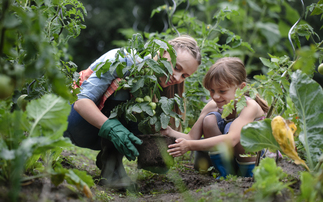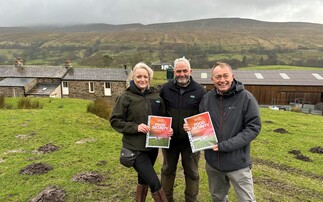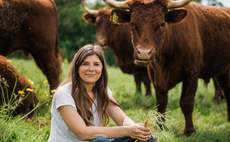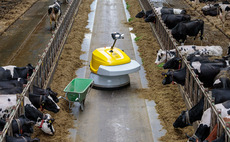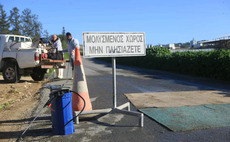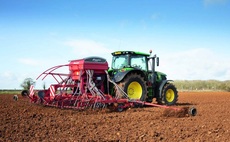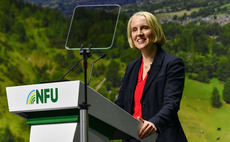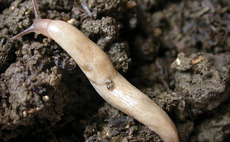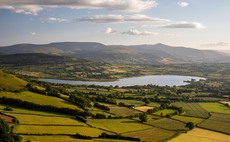
A quiet revolution is happening across the UK's classrooms and farmyards. Teachers are planting food with their students. Farmers are opening their gates for school visits and helping children discover where food really comes from. Young people are learning, with joy, that carrots grow in soil, not in plastic bags.
This is what hope looks like.
But here is the hard truth: it is happening despite the system, not because of it. There is no national strategy to embed food, farming and nature into the curriculum; no long-term funding; no joined-up policy between education, health and agriculture.
That failure is not just unfair - it is foolish.
Farmers are doing the work, teachers are doing the work, but where is the policy doing the work?
That is the question we're asking, and the one our new manifesto sets out to answer.
From protest to proposal
Last month, I wrote about the Government's latest delay to the junk food ad ban, a capitulation to corporate lobbyists at the expense of children's health and British farming. It's not just outrageous, it highlights the deeper issue: the lack of a coherent vision for food education in this country.
That's why our team has launched Farm to Future: A Manifesto for Food, Farming and Nature in Education — a bold but realistic plan to put these vital themes at the heart of every child's learning.
READ NOW: Careers special: Young new entrant farmer told not to pursue farming finds her place in agriculture
Let's be clear: this is not about squeezing food into one half-term geography topic. It's about creating thoughtful, resilient young people who can navigate a future shaped by climate, health and community.
We don't need a new subject, we need a new mindset.
Devon and Earth
One example of what's possible is Devon and Earth, a regenerative farm welcoming hundreds of students each year. Their approach combines food production with environmental education, land connection and youth wellbeing.
At the secondary school, teaching children to grow their own food has been transformational, especially for SEND pupils.
One pupil, who at first couldn't even touch compost (even with gloves), went on to plant 50 vegetable seedlings with bare hands just two months later.
Its model integrates practical skills with curriculum learning and builds long-term relationships with schools. But like so many others, they rely on short-term grants and piecemeal support.
Imagine what they could achieve with national policy behind them.
READ NOW: Once-in-a-lifetime tenancy gives new entrants opportunity to expand farming business
What the manifesto calls for
We're calling on the Government to:
- Develop a national strategy for food, farming and nature education
- Embed these themes into the curriculum — from early years through to post-16 pathways
- Fund long-term partnerships between schools and farms
- Convene a Department for Education-led roundtable to align efforts and scale what works
- Track and report progress annually
These actions would unlock the potential already growing across the UK — and create lasting change for future generations.
Why this matters for farmers
If farming is erased from schools, we risk being erased from the food system.
Public understanding underpins public support. Without it, schemes like the Sustainable Farming Incentive won't get the backing they need. Without it, the next generation won't know, or care, what British farming stands for.
That means more cheap imports, more broken food policy, and fewer young people choosing careers in food and farming.
This is your fight too.
Let's make sure farmers are at the heart of it.
What you can do
- Read and share the manifesto
- Send it to your MP, and ask them to support a national strategy
- Tell your story — we're gathering case studies
- Join us as we build towards a national campaign launch








